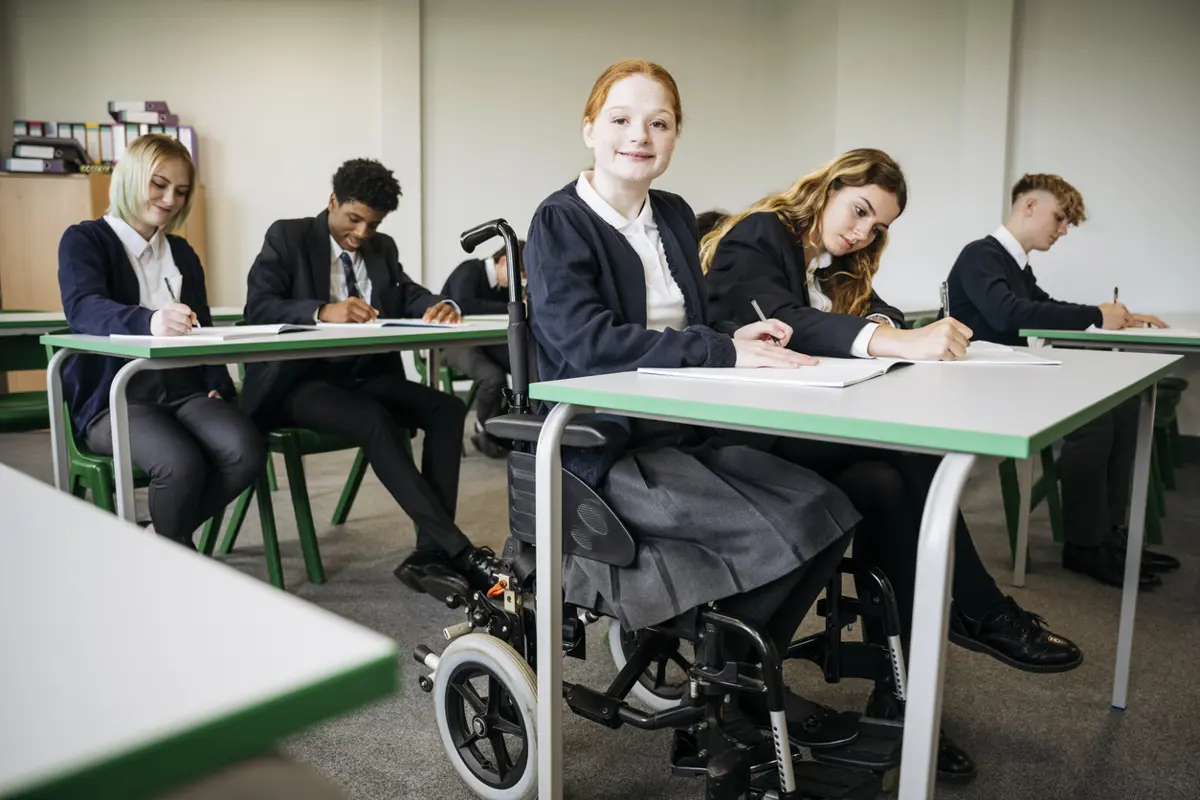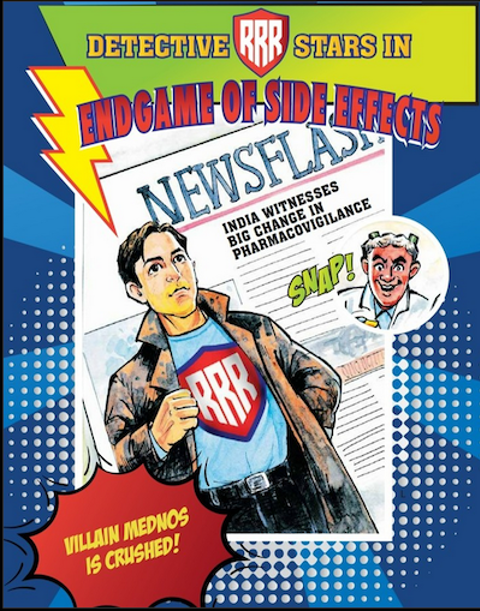
Arshia Bhandari
Pharmacovigilance consultant & medical writer

As younger generations look to social media for guidance, both medical and otherwise, should health literacy became a part of the school curriculum?
“Several of my former students have been taking oral isotretinoin to enhance the natural ‘glow’ of their skin for their weddings”
This startling observation was shared by a concerned teacher during a recent medication safety awareness programme for school staff in India during a discussion on the teratogenic effects of the medicine. She learned that some students had been using oral isotretinoin solely based on advice from friends or salons, often without medical supervision or awareness of potential dangers of teratogenic effect of the drug and mandatory pregnancy prevention measures.
Similarly, topical retinol products like tretinoin, which are available over the counter (OTC) in many pharmacies worldwide and online, have become social media sensations, with countless skincare influencers promoting them as anti-ageing miracle solutions while glossing over potential side effects. However, retinol-derivative products carry the risk of birth defects on a developing foetus, resulting in the recommendation by the European Medicines Agency Pharmacovigilance Risk Assessment Committee (PRAC) that “topical retinoids must also not be used during pregnancy, and by women planning to have a baby”.
This example reflects a larger problem: a potentially dangerous lack of awareness about safe medicine use among the general public, and underlines the urgent need for regular education on medication safety in schools.
The above incident was shared during a patient safety programme on medication safety for schoolteachers organised by the Delhi Society for Promotion of Rational Use of Drugs (DSPRUD), with a session on medication safety and ADR reporting by PhVFit in India. The programme, which also features in the WHO Global compendium of best practices in patient safety, is designed to equip educators with knowledge about safe medicine use in products such as dietary and protein supplements, steroids, probiotics, and antimicrobial resistance (AMR) and safe storage and disposal of medicines, as well as management of common health concerns such as diabetes, asthma, epilepsy, and stroke, and adverse event reporting and pharmacovigilance.
Conducted online over three months, the programme has trained over 500 teachers through interactive sessions using case-based learning and assessments. Since 2020, the organisation has also conducted AMR campaigns in schools, training teachers as master trainers, who in turn, have educated around 1 million students on rational antibiotic usage. Programme evaluation results demonstrated significant improvements in teachers' knowledge across several key areas: safe disposal of medicines, proper insulin storage, risks of excessive vitamin use, misconceptions about herbal and nutritional supplements, and drug safety and adverse event reporting. Importantly, participants saw value in including medication safety in school curricula, as it empowers students to make informed decisions about medication use at home and share these insights with their families, friends, and broader community. Additionally, education about pharmacovigilance and safe medicine practices can help prevent prescription cascades within their families.

Beyond preventing unsafe medication use, these educational programmes also address the lived experiences of patients and caregivers. These voices are essential for developing holistic health curricula in schools.
A deeply personal experience shared by a parent of a child with diabetes illustrates this need. When the child moved to a new class, the transition proved unexpectedly difficult, not academically, but socially. In his previous class, peers had become familiar with his condition and care routines, creating an environment of understanding and acceptance. However, lack of awareness in the new setting led to confusion, questions, and even teasing. For the child, this change meant losing a sense of safety and stability that proper health education could have provided.
More such stories echo a broader call from parents of children with chronic conditions for inclusive, empathetic school environments. “Listening to a mixed bag of wonderful and horrible experiences of young patients and their parents, there is a strongly felt need for empathetic health literacy that addresses the needs of children with chronic conditions and disabilities and helps teachers and parents of other kids better understand and address those needs,” says Aparna Mittal, founder of PatientsEngage, a platform focused on empowering patients and caregivers.
In line with this vision, the World Patients Alliance (WPA) and the Elsevier Foundation have launched an initiative to raise awareness about medication and patient safety through a series of children’s books. This collaboration aims to teach fundamental patient safety principles through stories to children aged six to twelve, fostering a culture of medication safety from an early age. This innovative project not only addresses immediate educational gaps but also paves the way for a future where health awareness is ingrained at an early age in younger generations.
As we look to embed patient safety education in schools, Aristotle’s words remind us of the lasting impact of early learning in that “Habits formed in early life make no small difference, but rather they make all the difference”. Instilling patient safety awareness in children today helps build a culture of care, responsibility, and prevention that can shape healthcare outcomes for years to come.
Junior doctors are woefully unprepared in managing and reporting ADRs. However, a research team in the Netherlands plan to change that by rethinking pharmacovigilance education.
19 June 2023
BoMRA have taken a significant step to better manage AEFI reporting with a training programme that aims to empower them to train their staff and HCPs.
13 June 2024
Working together with students on their signal assessments made clear to teachers the challenges that national centres face in their pharmacovigilance work.
25 August 2023